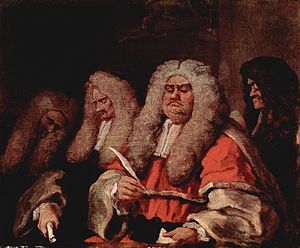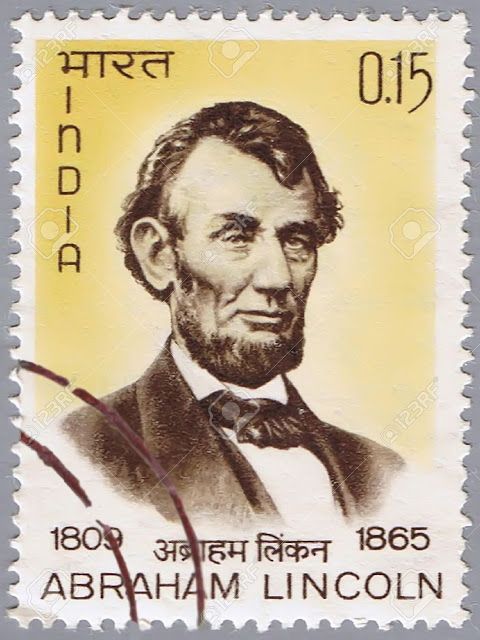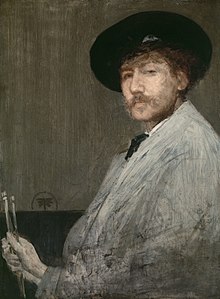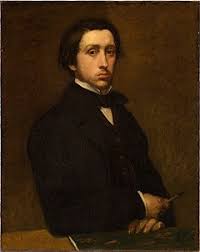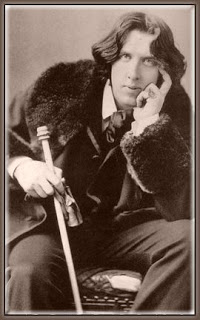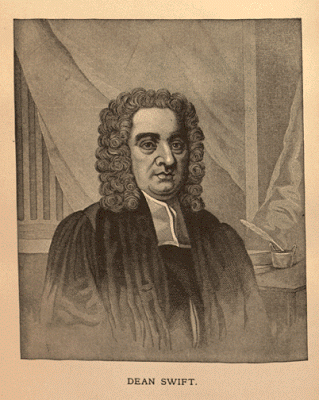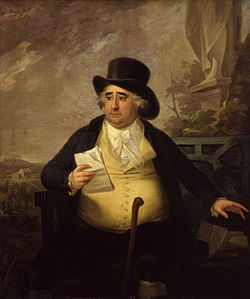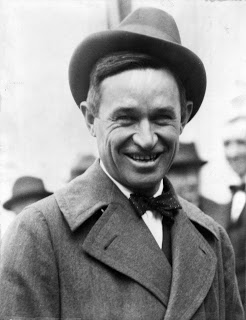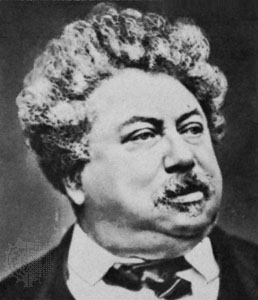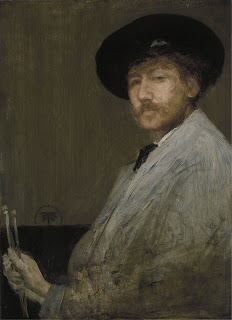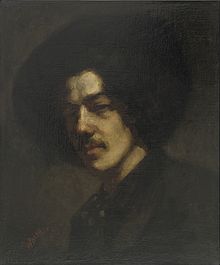
Compiled by London swaminathan
swami_48@yahoo.com
Date: 21 April 2019
British Summer Time uploaded in London – 16-31
Post No. 6291
Pictures shown here are taken from various sources including google, Wikipedia, Facebook friends and newspapers. This is a non- commercial blog. ((posted by swamiindology.blogspot.com AND tamilandvedas.com))
Whistler Anecdotes !
Whistler completed a portrait for a wealthy and highly placed
client, who was dissatisfied with the finished work.
“I really think Mr Whistler, he explained, that it is a bad
work of art.”
Whistler shrugged and looked coolly at the man. He said, “but
then you must admit that you are not a good work of nature.”
(James Abbott McNeill Whistler was an American artist, active during the American Gilded Age and based primarily in the United Kingdom. He was averse to sentimentality and moral allusion in painting, and was a leading proponent of the credo “art for art’s sake”. Wikipedia
Born: 11 July 1834, Lowell, Massachusetts, United States
Died: 17 July 1903, LONDON)
Xxx
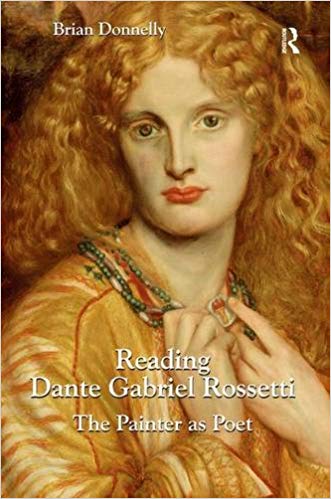
Frame the Poem,
not the Picture
Whistler once admired a picture Rossetti was painting and
sometime afterward asked him how it was going.
“All right, said Rossetti, I have ordered a stunning frame
for it” .
Later Whistler saw it framed, but not at all advanced in
execution. “You have done nothing to it since I saw it, have you?”
“No,oo,said Rossetti, but I have written a stunning sonnet on
the subject”.
“Then, replied Whistler, take out the picture and frame the
sonnet”.
(Gabriel Charles
Dante Rossetti (12 May
1828 – 9 April 1882), generally known as Dante Gabriel Rossetti(/rəˈzɛti/),[1] was a British
poet, illustrator, painter and translator, and a member of the Rossetti family).
Xxx
Whistler and Turner Rivalry
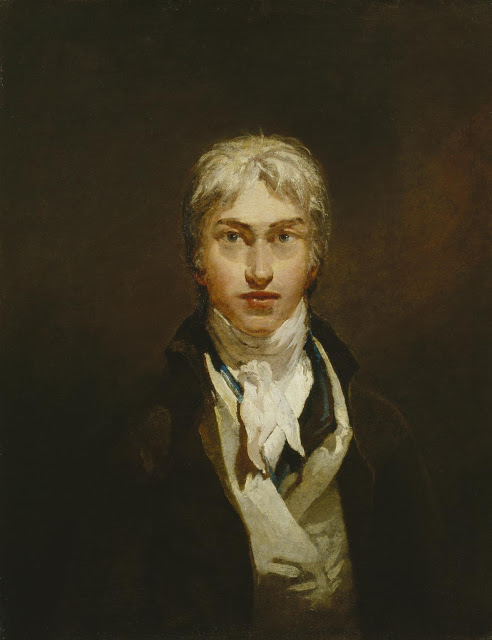
Whistler detested Turner. Unwittingly a lady
approached him one day requesting Mr Whistler, my husband has discovered in an
auction shop what he thinks are two genuine Turners. Would you be kind enough
to come and tell us whether they are genuine Turners or imitation Turners.
Madam, said Whistler, that is a fine distinction.
(Joseph Mallord William Turner RA (23 April 1775 – 19 December 1851), known as J. M. W. Turner and contemporarily as William Turner,[a] was an English Romantic painter, printmaker and watercolourist. He is known for his expressive colourisations, imaginative landscapes and turbulent, often violent marine paintings.)
Xxx
Bury your
Paintings!
A painter was advised to turn a physician:
For now all his faults were seen; then they would be buried.
Xxx
I like Ladies Room!

Helen Westley, the actress, while playing in a Theatre Guild Show in Chicago, decided to see the sight s of the city. Some days later, a culture bitten colleague enthusiastically raised the subject of her visit to the galleries of the Art Institute.
The room of contemporary American painters is superb! She chanted.
“I prefer the Rembrandt room”, commented Frank Reicher. Then everyone turned questioningly to the noted character actress.
“And which room in the museum do you prefer, Helen?”
“I, remarked, the incorrigible Miss Westley without blinking an eyelash,
“Why I prefer the ladies room.”
(Helen Westley (born Henrietta Remsen Meserole Manney; March 28, 1875 – December 12, 1942) was an American character actress).
Xxx
Have you seen an Angel?
At a showing of the work of Rockwell Kent, a woman, who had been gazing at one of his celebrated angels, approached him and said,
No angel ever looked like that!
Have you ever seen an angel, Madam? asked Kent.

Xxxx Subham xxxx
